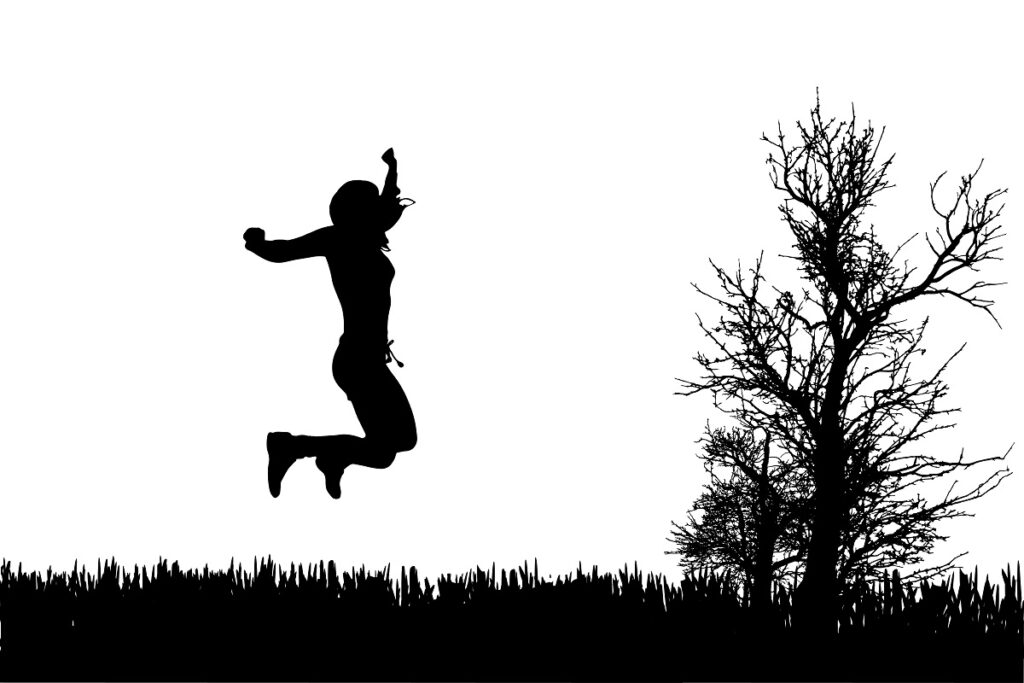In this series I take a look at the future of HR, not through predicting the next structure HR will adopt or giving you demographic trends but through applying a greater understanding of how our brain works and what that application may mean for how HR help organisations achieve greater performance through their people.
As managing our brain leads to greater productivity and deeper understanding I’m encouraging you to read mindfully. The questions below, plus any you may feel are relevant will help you to read the article whilst considering what the ideas mean to you. Doing this creates greater insight.
- What is HR’s role in creating the culture?
- What is the level of fear or threat in your organisation?
- How much are employees trusted and empowered?
- How well are HR role modelling a fear free culture?
The fear-based reality we are faced with
When we ask the question, ‘what is the future of HR?’ we can come at the answer from several directions.
One way to answer the question is about the role HR have in creating a culture which will achieve the greatest success in the future. Arguably organisations to date have thrived on creating a culture of compliance based on fear.
People are told what to do, processes describe how work must be done and much of HR’s role is about creating those processes and policing adherence to them. (I exaggerate slightly to make the point but for many in HR this is the reality.)
Leaders still mainly lead through command and control despite years of talk and training about different leadership styles and why they work better. Neuroscience is the latest disciple to provide evidence that humans operate better in an environment which releases positive emotions.
But we have a natural bias to notice threat and are more action-oriented in the face of negative emotions. Basically this threat or negative bias keeps us alive and even today it plays a role in keeping us safe. When we respond emotionally to threat we can be said to experience fear. This may be real, such as someone about to punch you, or imagined, like a worry your boss doesn’t like your work.
Whether real or imagined, your thinking, feelings and behaviour are all affected, because when you experience fear, you automatically focus on avoiding the threat.
Fear is a signal to act and deal with the threat, but if no action is taken, the body remains in a state of readiness to act.
Is fear a common state in your organisation?
In a recent HR and neuroscience breakfast club meeting one of our participants observed that fear is a common state in his organisation. Indeed he went on to argue, quite forcefully, that the fear in the organisation ensured people worked hard and stayed on their toes and that fear gave them a competitive edge.
But research from neuroscience is clear: threat results in suboptimal processing in the executive brain areas which deal with activities like planning, setting goals and rational thought. Negative emotions like fear tend to increase physiological arousal, narrow focus and restrict behaviour.
Fear-based organisations suffer from power games played at the top and powerlessness at lower levels, from infighting and bureaucracy, from endless meetings and a never-ending change and cost-cutting programmes.
Author Frederic Laloux says in his book Reinventing Organisations that deep inside, we long for soulful workplaces, for authenticity, community, passion, and purpose. To achieve this we need to create cultures where leaders have the courage to let go of control and trust people to perform.
Whilst leaders will need to model this, HR need to support it and in my view entice leaders to see the benefits and give them the skills to make the change. Arguably those coming up the talent pipeline see this as the natural way to lead but we must make sure they have the skills and incentives to stick with it.
Your next steps to a fear-free future
Some resources for HR are a number of books advocating a more positive culture and how to achieve it.
The Fear-Free Organisation takes a neuroscience approach laying out why fear makes organisation’s unproductive and ineffective places to work. It’s an interesting and intriguing concept: to create an organisation that is fear-free from the perspective of the brain.
The book does a good job of highlighting that a culture of fear is destructive to both people and business, and offers ways to eliminate fear based on an understanding of how the brain and nervous system works. In essence it is advising how to create a business built on trust.
In making the case for a fear-free organisation the authors provide an accessible introduction to how our thinking and emotions can be integrated to create energy and cooperation rather than fear. In my view the book could have more practical insights about how leaders and HR can achieve the fear-free organisation but it makes a good start. (The chapter bashing HR’s role in business is unnecessary and a departure from the style of the rest of the book).
HR’s route forwards is clear
The elements that make up a fear-free organisation are all in the HR remit: hiring and retention, work practices, policy on performance management and reward and of course the leadership model for the organisation.
And surely HR’s role is to maximise the ability of people to contribute to the company? Which as we have seen in this Future of HR series is accomplished when organisations can tap into the whole person and not compromise major parts of the brains ability.
So arguably one of the future, and current roles, of HR is to be changing the culture and leadership style away from fear to one based on joy, excitement and trust.
And how much more fulfilling that would be than policing process!





